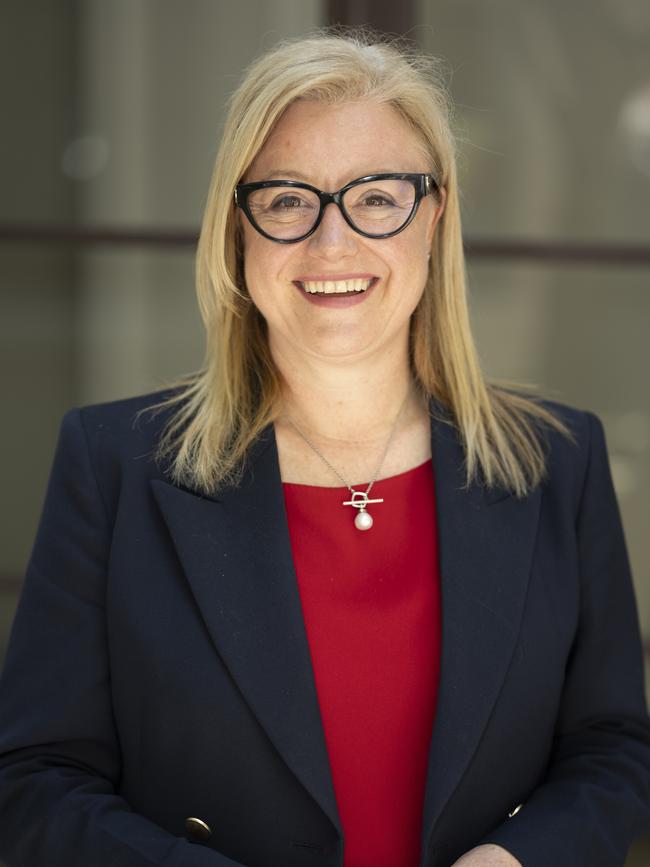Retirement and money: the number one regret of seniors
Seniors have shared the financial moves they wish they made earlier in their lives. What would you do? Take our poll.

National
Don't miss out on the headlines from National. Followed categories will be added to My News.
Many people would love the chance to give their younger selves a financial shake-up, and for retirees one key message stands clear above others.
Inject more money into superannuation. It’s a regret that’s twice as powerful as other money moves retirees wished they made earlier, according to new research.
Thirty-eight per cent of retirees wish they had pumped more into super, says the Brighter Super & Investment Trends 2024 Retirement Income Report, based on surveys of more than 5300 people aged over 40.
It says 14 per cent of retirees wished they had reduced spending, and 14 per cent would have switched to investments offering higher returns. Not seeking financial advice and retiring too early are other key regrets.
“Despite this reflection, a significant portion of retirees – 39 per cent – feel satisfied with the financial choices they made and said they would not change a thing,” the report says.
Brighter Super head of retirement Jennifer McSpadden said this could reflect increasing confidence among retirees who had “lived experience”.
However, many people only sought guidance in their late 40s and early 50s, “which reduces the time they can benefit from compound interest,” she said.
The report also found 47 per cent of seniors had retired earlier than planned – largely because of health issues, followed by wanting to stop work, unexpected unemployment and carer duties.
“Today the word ‘retired’ means different things to different people,” Ms McSpadden said.
“Once it meant leaving your job or giving up work after reaching a certain age. Today it can be a chance to work part time, explore different ways of earning income, or doing that which brings you joy.”
JBS Financial Strategists CEO Jenny Brown agreed that a key regret of many seniors was not starting early on extra super contributions.
“Even if it’s a small amount, make sure you pay yourself first and put some money away,” she said.
“Often it’s too late at 60 or 65 when you want to retire.
“We often hear ‘I wish I’d met you earlier, years ago, and got those tips’. Make the most of the super rules.”

These included tax-deductible concessional contributions for people with spare cash, and co-contributions for people on lower incomes, she said.
“If you are below the limits for the co-contribution, it’s a 50 per cent return on your money.”
Ms Brown said the two most powerful benefits of superannuation were compound interest and tax incentives.
“In super’s accumulation phase you are taxed at 15 per cent on your earnings and 10 per cent on capital gains, and once you turn it into a pension and can start drawing down, it’s zero tax,” she said.
“Compound interest – you can’t beat it.”
Investment Trends head of research Irene Guiamatsia said super funds should promote the benefits of investing early for retirement.
“The established benefits of compounding interest should make voluntary contributions a no-brainer, yet we still see members come to this realisation too late or not at all,” she said.
The report says 70 per cent of retirees receive age pension payments, and experts expect it to remain a safety net.
Ms Brown said the sharing of wealth with younger generations could see more seniors on a part pension.
“We are an ageing population and more and more people are helping their kids and grandkids, so they’re gifting or lending money and not expecting it to come back, sometimes to their detriment,” she said.
“They want to help, and they maybe realise they shouldn’t have been so generous so soon.
“I think our reliance on the age pension is heavy, and I don’t see it going away.”
More Coverage
Originally published as Retirement and money: the number one regret of seniors





